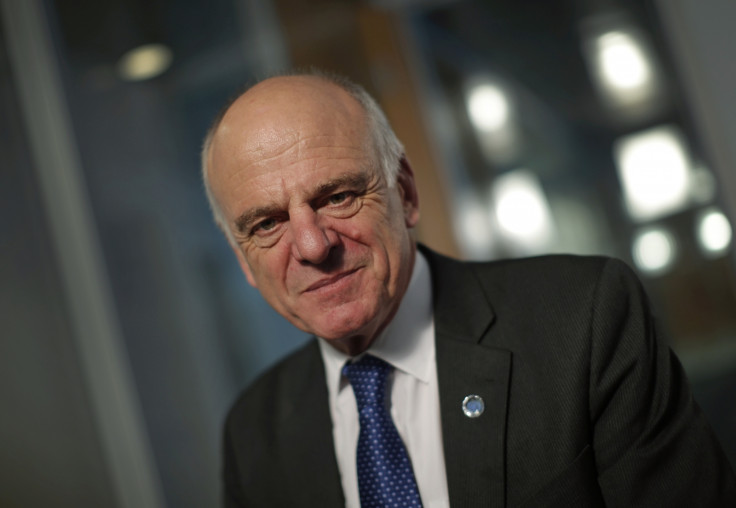Ebola: UN Warns of Uncontrolled Spread Unless More International Support Comes In

Unless more countries pitch in to build and staff treatment centres in west Africa, Ebola will continue to grow, the UN has warned.
Dr David Nabarro, the senior UN coordinator for the international response to Ebola said that there is need to control transmission rate by 70% if the outbreak is to be checked, reports Reuters.
With the scale of the Ebola outbreak doubling every three to four weeks, good quality care in an isolated space is vital, he said. "To do that, we need to have people who are skilled in providing care."
The lack of international response has been deplored by medical experts in the recent past with a Lancet editorial warning of a geopolitical crisis in the face of inaction.
While praising the United States, Britain, the African Union and others for healthcare efforts, he urged more countries to contribute whatever they could to the effort.
The Ghana-based UN Mission for Ebola Emergency Response (UNMEER) established last month is the first such response by the organisation to a public health crisis.
"We're certainly going to see this battle won," Nabarro said. "The question is when ... and can we minimize the number of people who will lose their lives, or the damage to the economies of the affected countries while this happens."
Meanwhile, bureaucratic red tape is holding up the effort to control the outbreak. Shipping containers with medical gear and mattresses have been held up at port for more than a month, says NBC News.
The US military has set up two medical labs for testing Ebola cases, but treatment centres are taking longer to set up. This has prompted many of the voluntary aid groups to distribute safety gear among households so that they are equipped to handle the diseased.
Samaritan's Purse had shipped 100 tons of relief supplies to Liberia by air October 1. These include 30,000 kits containing rubber gloves, detergent and soap. But distributing these by travelling on road is taking time.
Ebola can take between two to 21 days before victims show symptoms, at which point it becomes contagious.
The infection can cause fever, vomiting and diarrhea and spreads through contact with bodily fluids such as blood or saliva.
Preventing transmission is more important than treatment if Ebola is to be contained, say experts. At present a patient infects two others on an average.
Even providing soap and water alone can help, says the CDC in a report noting that even in unaffected areas of Liberia, supplies of soap and water and hand sanitisers are running out.
Ebola has killed 3,879 people and infected 8033 according to the World Health Organisation. The CDC has warned it could infect 1.5 million by end of January.
Liberia and Sierra Leone, the two worst-hit nations, had less than a quarter of the beds needed.
Responding to a report in fall in the number of new cases in Liberia, WHO says it was "unlikely to be genuine" and may reflect that the responders were being overwhelmed by data.
© Copyright IBTimes 2024. All rights reserved.





